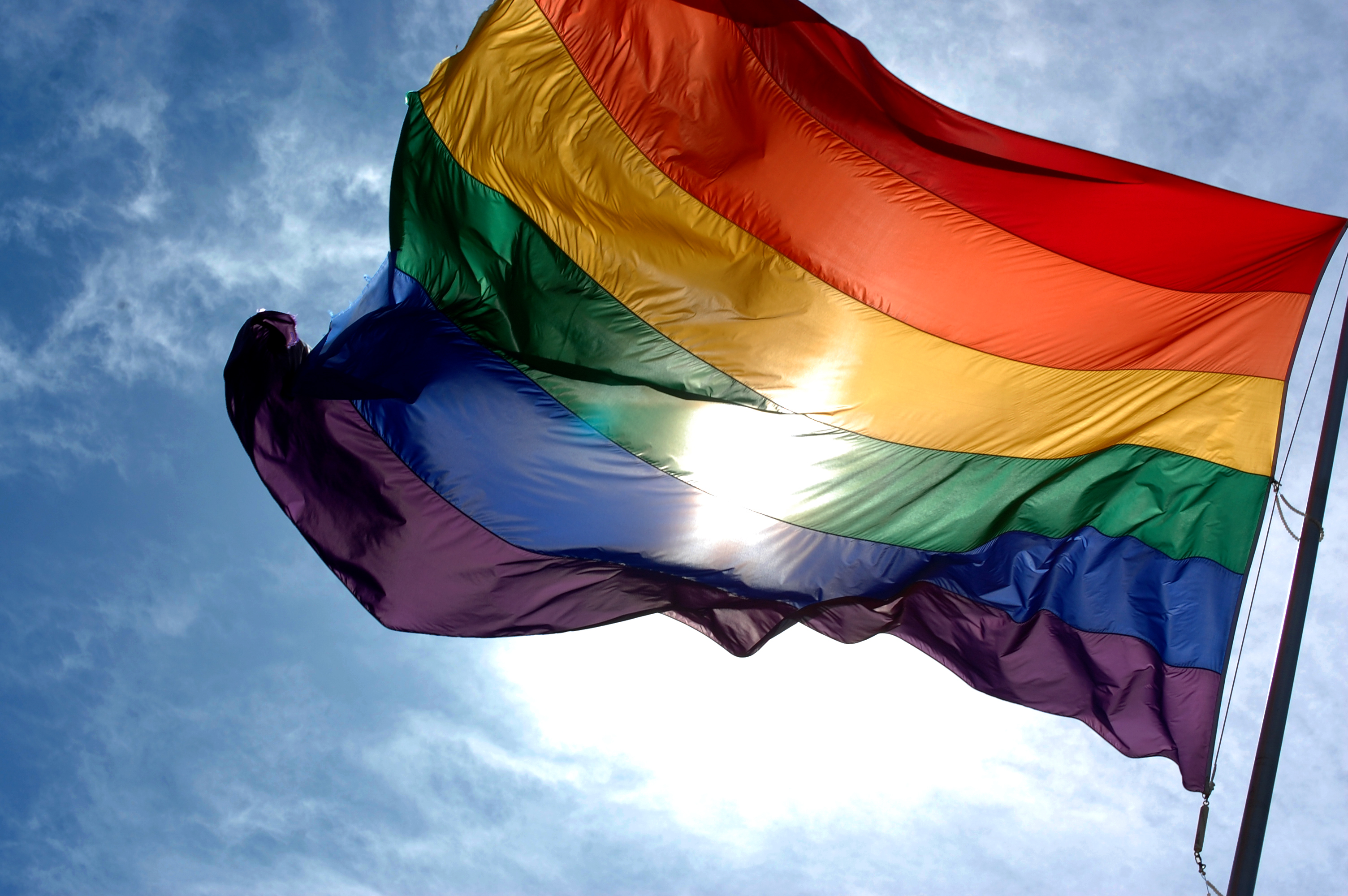
Recently, this issue really became problematic for me and gave me pause for thought. With my boyfriend travelling for work during a weekday afternoon, the last time I saw him before he headed to the airport was on the street during lunch time. When I left him to return to college, I realised that I had simply said goodbye — no hug, no kiss, nothing to show I care — and that if anything were to happen to him when away, that might have been the last time I saw him. Why had I chosen to suppress my nature, to ignore the impulses in my heart and instead listen to my brain? When in public, I effectively erase an important part of my life for the benefit of others. I don’t want to be stared at, or cause a scene, or be an invitation to harassment or physical violence in a country gearing up for a same-sex marriage referendum.
This might sound like an exaggeration, but believe me when I say that the fear of being harassed is something that I think about on a daily basis. From being called a fag because of what I’m wearing to threats of violence outside of gay clubs, I’ve been on the receiving end of a wide range of homophobic abuse that constantly run around in my mind. I do constantly check myself at the traffic lights, and at the fast food counter and the pub bar.
I mention all this in light of the release of the Garda Inspectorate’s Crime Investigation Report on Tuesday 11th November. The document was the end result of a two year examination into investigative practices by the gardaí during which around 1,000 officers of all ranks were interviewed. Among the many findings presented by the report was the fairly shocking situation related to racist and homophobic incidents, where not one of the 1,000 officers spoken to had ever reported a crime with racist or homophobic elements. In Ireland, the requirement needed to report a crime as racist or homophobic is the same one used by police in the UK, namely any incident which is perceived to be racist or homophobic by the victim or any other person.
This culture of underreporting stands alongside findings by the EU Fundamental Rights Agency which in 2013 found that a third of LGBT people in Ireland were physically or sexually attacked or threatened with violence in the last five years and that eight out of every ten people who experienced a homophobic or transphobic incident did not report the last incident to the gardaí. It’s a toxic circle of victims not coming forward and the police failing to contextualise this and improve upon their outreach to the LGBT community, and one that is going to be hard to change without improvements on the side of the gardai.
I have never reported any homophobic incident I have suffered, even though they weigh so heavily on my mind. I’d just feel too intimidated to present myself at a station and explain what happened to me while also trying to pin point exactly what made me a target for attack. Recommendations on how to improve this situation have been put forward by the Garda Inspectorate and incorporate a victim-centric policy when investigating such incidents. These recommendations include the establishment of third party sites where victims can report crimes and the overhaul of the PULSE system to properly accommodate recording of crimes under each of the nine strands of the Garda Diversity Strategy.
As we move towards the referendum next year, it is important to remember how far we’ve come as a society but also how much further we have to go. What is the value in granting marriage rights to same-sex couples when there obviously still exists a reluctance to report crime among the LGBT community, and a fear in displaying their love in the same public, innocuous ways as their heterosexual counterparts? It is integral that all citizens of a republic feel security and safety in their lives, and this should a core aspect of reform of the police forces. To do anything less would be taking half measures, and that is something that we cannot afford as a society anymore.






